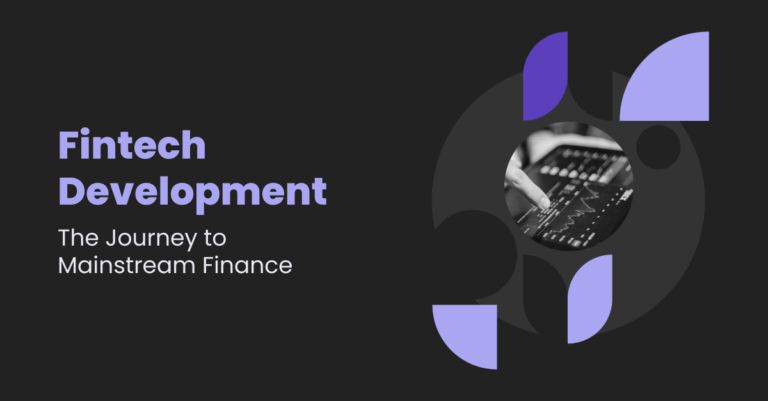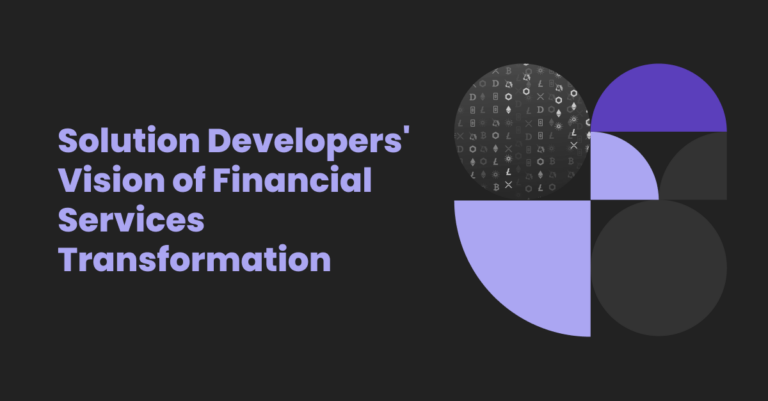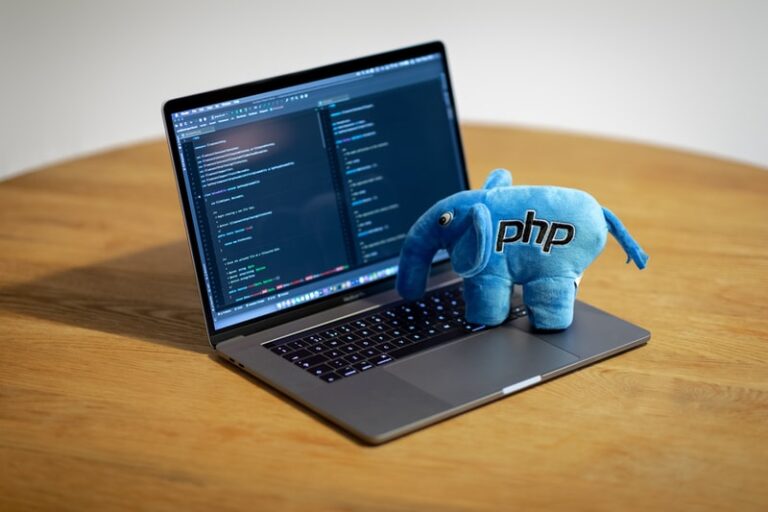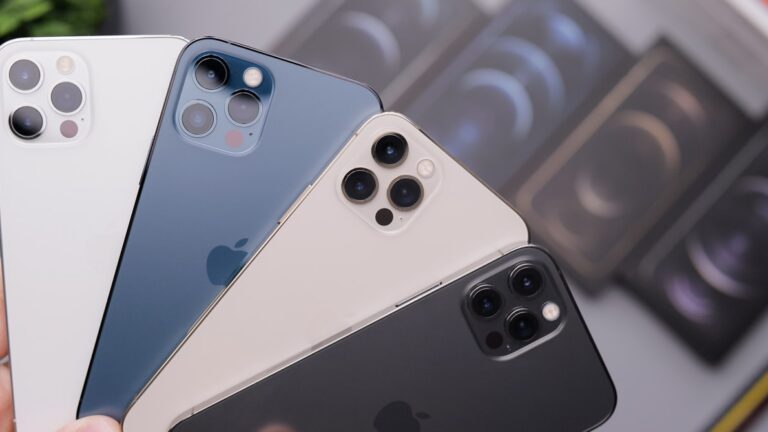The term “product engineering” usually refers to a large set of actions that are performed to organize and run the process of product development in the most efficient way possible. In other words, it is used to describe the planning and concept embodiment of a successful product. These technologies are utilized in various fields, not limited to software development or business models.
Quality product development engineering requires a high level of proficiency combined with a diversified approach, which covers both the engineering and management sides of the working process. It’s no wonder that there is a high demand for skilled product engineers. However, for some businesses, keeping an in-house employee who would be able to deal with all of these tasks is challenging; so, instead, they outsource tasks to third-party product engineering services.
What Is the Place of Product Engineers in a Company?
Product engineers in a software company, to a large extent, set the direction of the product creation process and actively participate all along. They normally have to deal with tasks from a wide variety of areas, both purely technical and strategy- or management-related. However, all of their work serves one ultimate goal: creating a model of a potentially successful product and making sure that this model is embodied in the best way possible.
Therefore, product development engineering specialists normally take part in all the stages of the software development process. If we divide this process into stages, the possible contribution of a product engineer to the creation of a software product may look as follows:
- Concept and planning. Product engineers participate in outlining a unique concept for the future product. Based on the results of market research, they check if the initial vision of the product is compatible with the current market situation and probably make adjustments. When needed, they conduct additional independent research. They estimate the possible return of investment for a potential product, as well as the necessary functionality and technical means to implement it. Finally, they create detailed project plans and product specifications.
- Design and development. Product engineers participate in developing an effective design of a product, which would be both cost-effective and user-friendly. During the process of actual development, they play the role of a manager and coordinator, overseeing the work of developers, facilitating communication between different parts of the team (or different teams), and making sure the project budget is utilized in the most efficient way.
- Testing and iterations. Product engineers participate in creating and conducting comprehensible functionality tests for the early and later versions of a product. They contribute to processing the results, as well as defining and implementing all the necessary adjustments.
- Release and maintenance. Product engineers check if the product meets all the corresponding quality requirements and is ready for release. After the product is launched on the market, they take an active part in analyzing profit and feedback from the users. They also contribute to planning and implementing updates for future versions of the product.
Some of the practices that product engineers commonly use to enhance the productivity of their work include:
- Emergent architecture. The product’s design is created and implemented by several teams or specialists working apart from each other, which helps to distribute the workload and increase organizational resilience.
- Agile engineering. Cutting large-scale tasks into many short cycles, including feedback and iterations, allows enhanced speed and interactivity of the product engineering process.
- Focusing on MVP (minimum viable product). Placing basic functionality of the product as a first priority and putting aside search for the best design or technical solutions at the early stages of the project helps to move forward quickly while saving on time and finances.
The lists above are just examples, and the exact duties and work methodologies of a product engineer may differ depending on the company structure. Some of those may be entrusted to a product manager, designer, full-stack engineer, etc. Nevertheless, the common tendency would be to expect the product engineer to participate thoroughly in each stage of the process, contributing both to the development itself and the general organization of the working process.
Challenges of Product Engineering
Product engineering is a highly demanding area of work, which requires from a specialist a diversified set of skills, both hard and soft. A clear understanding of product development technologies, backed up by practical development skills, is an obvious basic requirement. However, these competencies should be combined with more general skills, like strategic thinking, understanding of the related market and business processes, and excellent organization and communication skills.
Basically, a product engineer should be able to do everything one usually expects from a software engineer, but on top of that, they should be a talented manager and a little bit of a designer. Obviously, it brings up some challenges.
Challenging Area 1. Understanding a Product
A deep and thorough understanding of a software product may be a tough task for many people. Diving deep into the technical aspects of product development requires a strong technical background. However, technical skills alone are not enough.
Many skilled engineers may struggle with finding original concepts that match the market situation, or they might lack an understanding of user psychology or finance management. A product engineer should be able to think broadly and creatively and, at the same time, have a clear understanding of which technical means can be best for realizing those ideas.
Challenging Area 2. Communication

Another significant challenge in the work of product engineers lies in communication. Developing a software product involves a team of people with different paces of work, different characters, and difficult levels of technical education. However, a product engineer should be able to clearly communicate the product concept and the necessary requirements that need to be implemented to all of the colleagues. They should be able to do it in a way that’s adjusted to the level of understanding of every person, which surely can not be easy.
An additional difficulty that comes with the work of a product engineer is extensive responsibility. People in these positions are accountable for the results of their own work but also of the work of the team they supervise.
Product Engineer vs. Full-Stack Engineer: What’s the Difference?
Positions in software development companies, labeled as “product engineer” and “full-stack engineer,” may sometimes appear overlapping and cause confusion. The usage of terms has changed with the flow of time. Historically, full-stack engineers have performed duties that today would be considered a task of a product engineer. Today, there are still some overlapping duties and requirements.
However, the main point differs significantly. To put it simply, full-stack engineers are, first of all, expected to be strong developers who are capable of dealing with any technology across the stack. Product engineers, above all, should have a clear vision of the final product they want to create.
As for full-stack engineers, the core requirement is to be competent in both back-end and front-end technologies. On the other hand, product engineers do not always have to be full-stack. For example, if an engineer works mostly on back-end development, they can not be seen as a full-stack engineer. Nevertheless, they can become a product engineer, but it would require an additional set of skills.
Those skills are related to a deep understanding of business processes. A product engineer should be able to find a way to maximize the possible return of investment (ROI) and clearly see the points which will make the product attractive for the potential users. They also have to collaborate efficiently with people from other areas to make the best delivery of the product possible.
How to Become a Product Engineer?
The position of a product engineer stands far from entry-level. It requires a profound understanding of the product creation process, which implies a certain amount of working experience in the related field. Having a set of well-developed soft skills is also a must, and it requires additional attention and effort.
If you are aiming to become a product engineer, having a college degree in the field of technology would constitute an advantage. However, working experience in software development is much more important. Preferably, you should have experience as a full-stack engineer first. This would give you enough understanding of software product engineering and possible problems with technical implementations of the product.
Polishing your software architecture skills is important as well. Also, take some time to get a grasp on the current market situation and customer psychology. This part cannot be disregarded, as your goal would be to create a product that could really drive people’s attention.
As you are getting closer to choosing an actual workplace, you will need to familiarize yourself with the goals and priorities of the company you want to become a part of. You will need to understand their vision of the product and customer, as well as their image and values, so you will be able to generate product concepts that correspond to it.
Alongside all that, you will have to train yourself to become a really good communicator. Experience in managing various projects is highly preferable. You should be able to communicate successfully with people with different levels of understanding of technology. Your future work will likely be as demanding in terms of soft skills as it will be in technical competency.
To Sum Up
Product engineering plays a vital role in creating a product that can have success on the market. Basically, it means developing an original product concept, finding the best way to embody it, and setting the direction for the whole process. That’s why product engineers take part in literally every stage of product development. They resolve both technical and management tasks.
It’s no wonder that becoming a good product engineer requires high levels of competence, personal responsibility, and solid work experience in a related field. Finding such a person for an in-house position may constitute a challenge, and many businesses choose to collaborate with outsourcing service providers. Among other services providing assistance with software development, those help to gain fresh ideas from the outside.
















